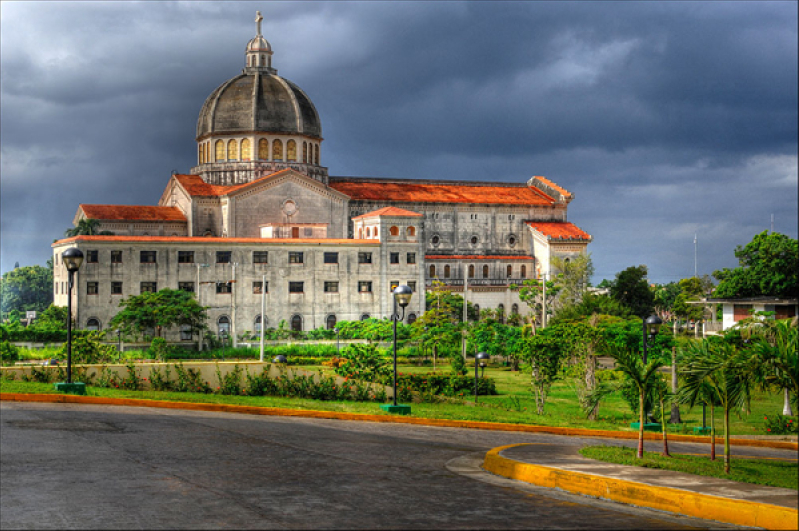
On Saturday, a Baptist pastor became the latest victim in what activists are calling increased religious persecution in Cuba.
According to statements from Christian Solidarity Worldwide, political officers arrested the Rev. Mario Felix Lleonart Barroso as he approached his home in the city of Taguayabon. After being detained for an entire day, Barroso was returned home and placed under house arrest.
The organization also says police forcibly took DNA samples from Barroso.
Christian activists are now calling on Cuban president Raúl Castro to ensure religious freedom in the communist country. Cuba's constitution officially ensures freedom of religion, and it has ceased the anti-religion activities of the '60s and '70s, which included sending believers to "re-education" labor camps - but as a Voice of the Martyrs field worker told the Pentecostal magazine, Charisma, in 2012, "The persecution is now a closed persecution; it's hidden."
In its 2013 annual report, the United States Commission on International Religious Freedom backed up these allegations, finding that religious freedom violations in Cuba tripled last year. The commission reported that, like Barosso, in 2012, clergy and religious leaders were arbitrarily arrested, believers were harassed and the government often interfered with the internal affairs of religious groups. The report did, however, commend Cuba for relative its improvements.
In a statement earlier this month, Christian Solidarity Worldwide chief executive, Mervyn Thomas, deplored the conditions in Cuba.
"Each Sunday the government continues to violate the most basic of rights: the right to freely participate in religious services and form part of a religious community without interference," he said. "The Cuban government's claims of reform and respect for human rights cannot be taken seriously unless these violations are addressed and real protections for religious freedom for all put in place.'
The Voice of the Martyrs also considers Cuba a country of particular concern and has been waging a prayer campaign for Yiorvis Bravo Denis, another Cuban pastor who has been under house arrest since October. VOM workers are on the ground in Cuba, helping to repair house churches and also distributing religious material. According to their website, VOM gave out 20,000 Bibles and 2 million tracts in Cuba last year.
Like most of Latin America, Cuba has historically been Catholic. After the communist revolution of the 1950s, however, religious activity in the country was banned, and it was not until the 1990s that restrictions were lifted. Today, about 85 percent of Cubans profess still Catholicism, though evangelical and Pentecostal churches have seen the most explosive growth.
In 2010, NPR reported that since the 1970s, the number of evangelical Cubans had grown from 70,000 to more than 800,000.
Political dissidents are also under attack by Cuban authorities. On Saturday, a leading pro-democracy activist, José Ferrer, was arrested after meeting with European diplomats in the Cuban capitol of Havana. His whereabouts are still unknown.







